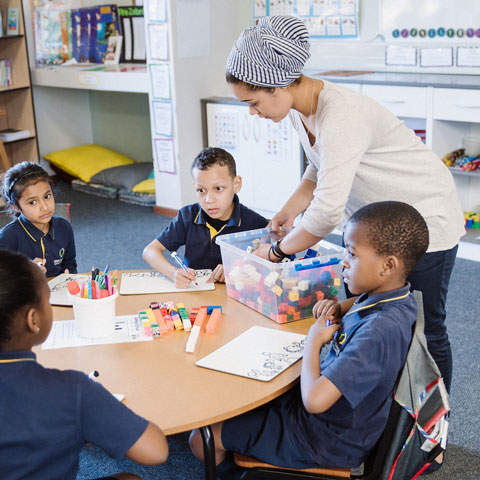Looking for a school for your child is never easy and can easily be one of the most stressful things that a parent can go through. There is always so much to consider in the process. In his novel, The Outliers, Malcolm Gladwell points out that parents should focus on what type of opportunities they afforded their children as a predictor of future success. The right school that is aligned with your child’s needs is a step in the right direction towards giving them opportunities that will allow them to thrive. Start your search for the best school by thinking about what you want a school to do for your child.
“We do owe something to parentage and patronage. The people who stand before kings may look like they did it all by themselves. But in fact, they are invariably the beneficiaries of hidden advantages and extraordinary opportunities and cultural legacies that allow them to learn and work hard and make sense of the world in ways others cannot.” (Gladwell 19).
When looking for the best learning environment for your child, you might want to ask yourself the following questions as key guidelines:
- What do I want my child to learn? This will include the specific subject matter, curriculum, level of academic difficulty, teaching and assessment methods, etc.
- How does my child learn best? Will the school cater to my child’s particular learning style? Will it cater to their challenges? Will my child be stretched to reach their full academic potential? Does the school incorporate technology and will it equip my child with the skills to survive and thrive in a constantly changing environment?
- Will the school consider my child’s social needs? How much contact will they have with peers, what does the school bullying policy say? Does the school pay close attention to the social and emotional wellbeing of students? What is the class size and will it allow my child to get more one-on-one attention from the teacher?
- Will the school be practical for my child and our family? This includes things like the school hours, affordability, distance and location, scheduling, extracurricular activities, etc
- How will the school set up my child for University and beyond and equip them with the skills to cope in the real world?
- Am I, as a parent, prepared to play my role in ensuring that I support the school’s efforts to equip my child in their development? Am I prepared to communicate proactively and positively with the teacher and, where necessary, the school leadership team to resolve challenges? Do I have a realistic view of the needs of my child and am I open to discussing these with the benefit of my child in mind?
While a lot might depend on the parent and their values, it is important to look at your child’s personality and strengths. Parents might want a school that offers a balance between sports and academics while others might want a school that has a strong focus on either sports or academics. Different children will thrive better in environments that are suited to their personality and individual needs. A lot goes into establishing a school’s approach and model and selecting its curriculum and so, while a good school will communicate with you openly about your needs, it will be more difficult to shift aspects of their model than it is to find the right fit, to begin with. That is why it is important to look for something that complements and supplements who your child is. If you know that your child is a soft-spoken and reserved person, it does not mean that you must put them in a situation where they will never be put on the spot, but rather, you should put them in a situation where they can learn to be OK with being put on the spot.
The school’s behaviour policy is also something parents consider highly. Some parents might value the whole structured discipline approach while others want a school that encourages and values the student voice interactive structure and follows the preventive, supportive and corrective approaches. Children today will thrive in an environment that gives them a student’s voice but teaches them how to effectively apply it. They need to be able to say, “This is the outcome I want, these are the tools at my disposal, how can I get to my desired outcome?” A child that does not see that there is an option, a child who is told that they cannot make a mistake and that it is not acceptable to make mistakes, a child who struggles to negotiate their circumstances will battle to cope in this generation. This is also why some parents are against schools that encourage rote learning but instead choose schools that allow their children to question things, children who take interest in the process instead of just the end product. These schools that teach students critical thinking and allow students to identify problems and come up with solutions will excel in the future.
In a nutshell, there is no ‘perfect’ or ‘right’ way of choosing your child’s school. Always think about what will work best for your child’s personality, strengths, needs and interests. Also, consider how different schools’ cultures and values fit with your family values and family life. Making the right choice now will allow you to focus on supporting your child and their school in doing the best they can to equip them for their future.

